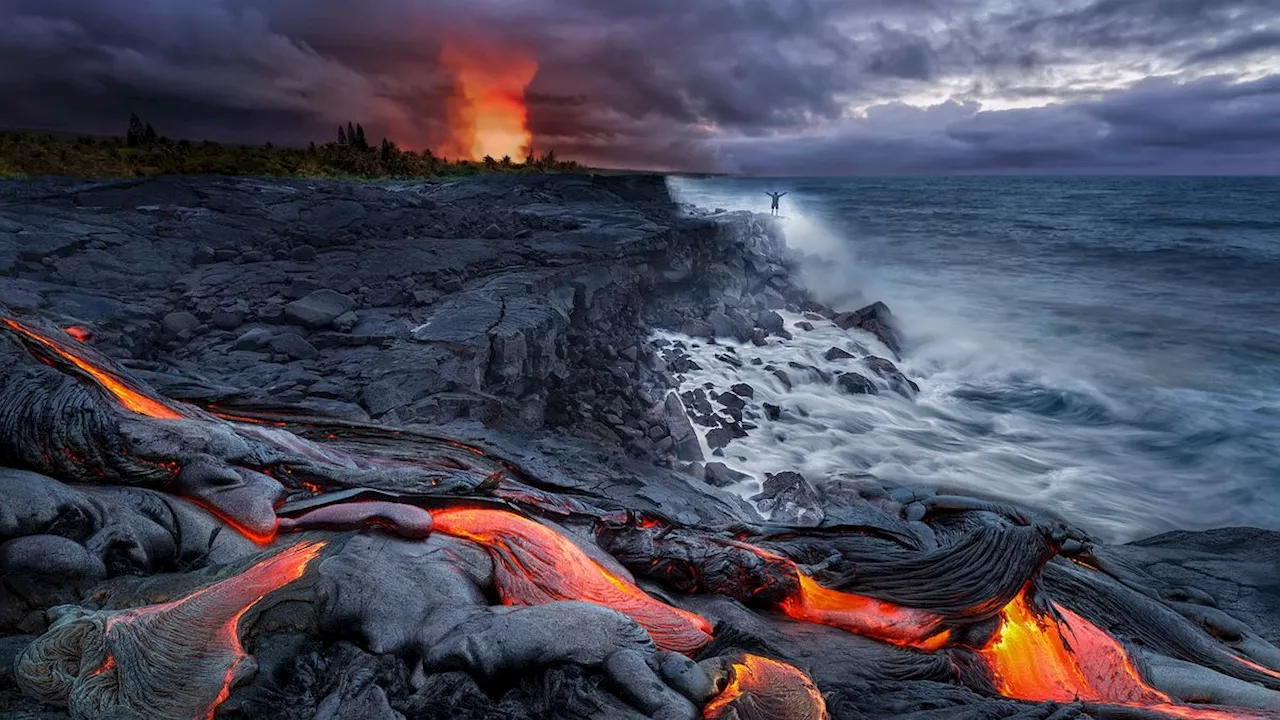Stephanie Pappas is a contributing writer for Live Science, covering topics ranging from geoscience to archaeology to the human brain and behavior.
Lava around the world may come from the same magma ancestor deep in Earth's middle layer, new research finds.
Structures observed inside the deep mantle may thus not be signs of different types of rocks, but rather temperature differences in the same kind of rocks, Smit said. There's no way to peer into the lower mantle directly, but hotspot lavas do have chemical signatures that give hints of their history. Smit and his colleagues looked at lava concentrations of three elements—nickel, niobium and chromium. These elements behave differently as the melts rise and change on their way to the surface: Nickel tends to become incorporated into crystals, so liquid portions of the melt have lower and lower concentrations of nickel as the melt goes through more changes.
United States Latest News, United States Headlines
Similar News:You can also read news stories similar to this one that we have collected from other news sources.
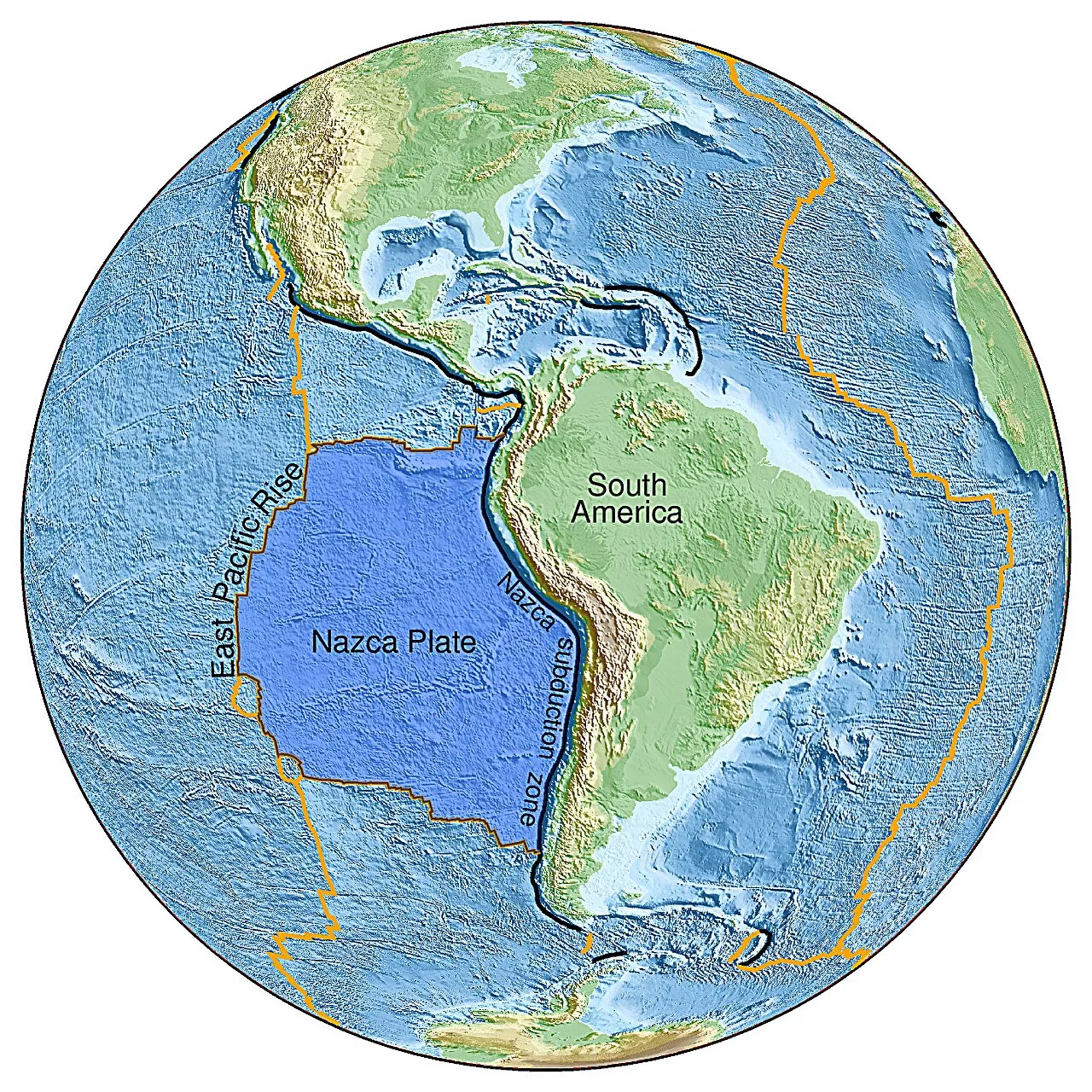 Geologists discover mysterious subduction zone beneath Pacific, reshaping understanding of Earth's interiorUniversity of Maryland scientists uncovered evidence of an ancient seafloor that sank deep into Earth during the age of dinosaurs, challenging existing theories about Earth's interior structure.
Geologists discover mysterious subduction zone beneath Pacific, reshaping understanding of Earth's interiorUniversity of Maryland scientists uncovered evidence of an ancient seafloor that sank deep into Earth during the age of dinosaurs, challenging existing theories about Earth's interior structure.
Read more »
 Tiny Earth-Like World Discovered Orbiting Nearest Single Star to EarthThe Best in Science News and Amazing Breakthroughs
Tiny Earth-Like World Discovered Orbiting Nearest Single Star to EarthThe Best in Science News and Amazing Breakthroughs
Read more »
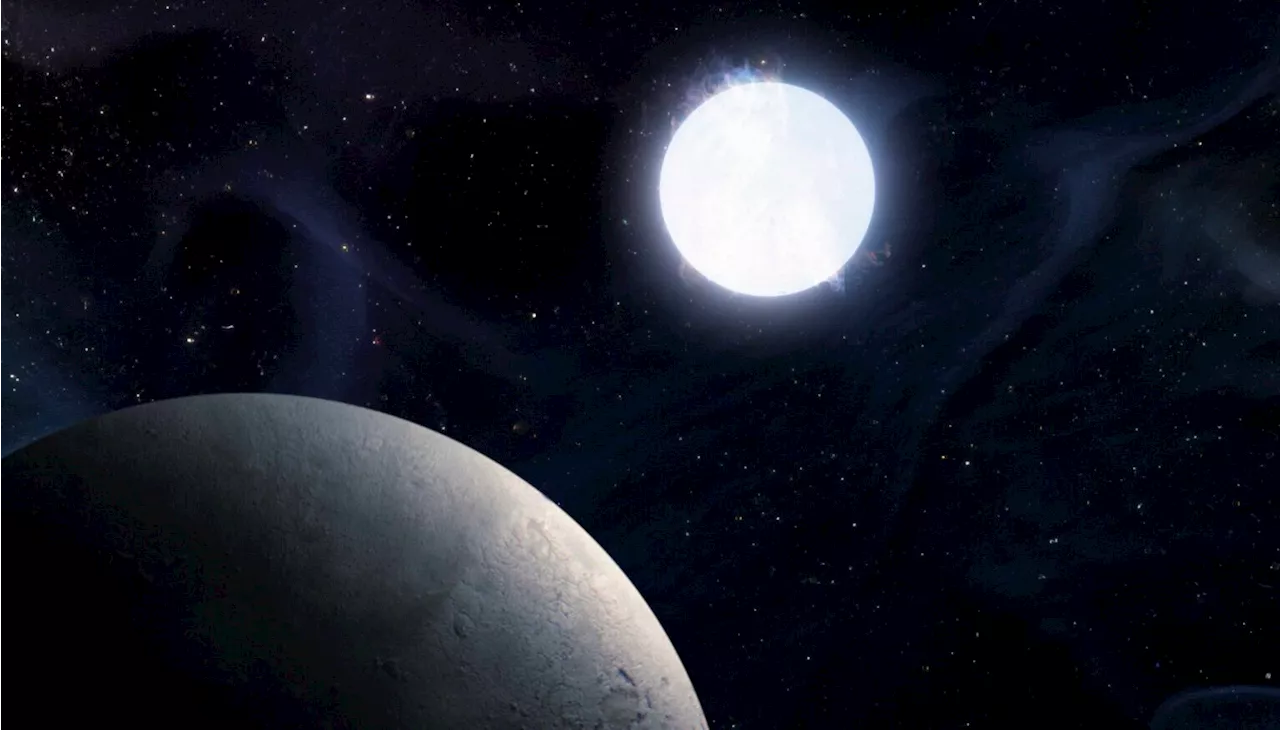 An Earth-like Planet Around a Dead Sun Provides Some Reassurance About the Future of EarthSpace and astronomy news
An Earth-like Planet Around a Dead Sun Provides Some Reassurance About the Future of EarthSpace and astronomy news
Read more »
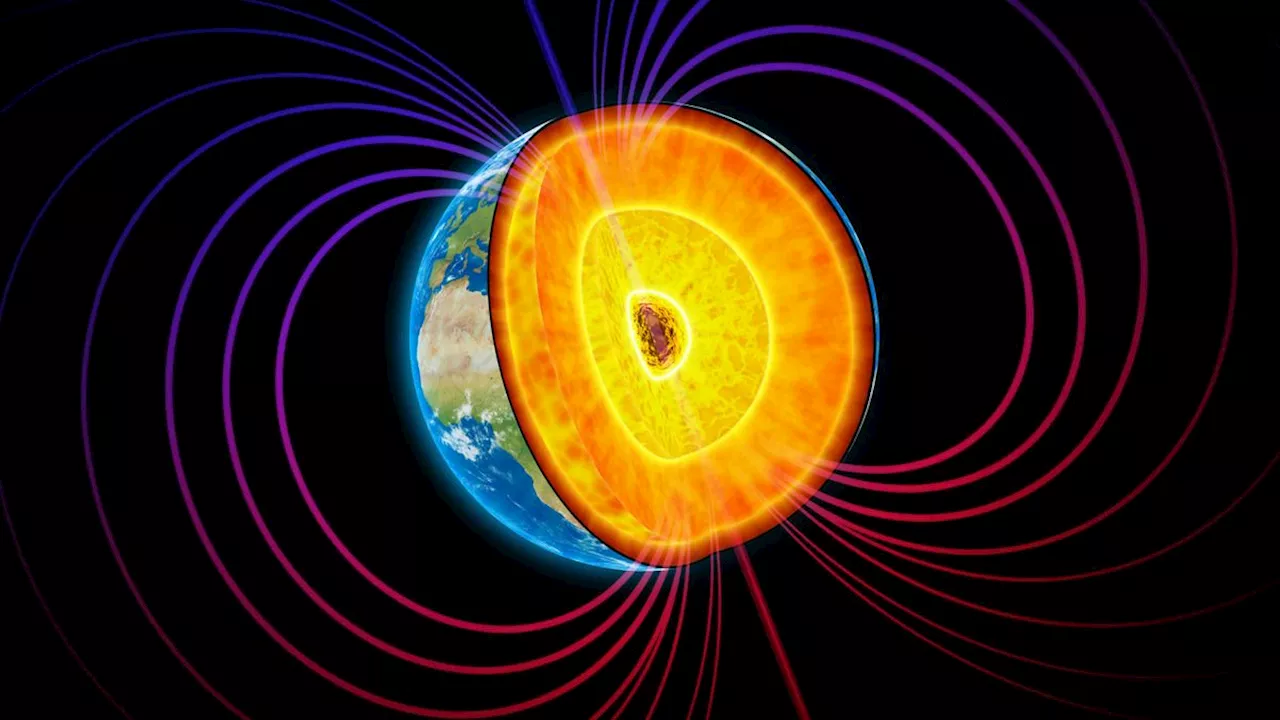 Earth's outer core may hold a hidden 'doughnut'Stephanie Pappas is a contributing writer for Live Science, covering topics ranging from geoscience to archaeology to the human brain and behavior.
Earth's outer core may hold a hidden 'doughnut'Stephanie Pappas is a contributing writer for Live Science, covering topics ranging from geoscience to archaeology to the human brain and behavior.
Read more »
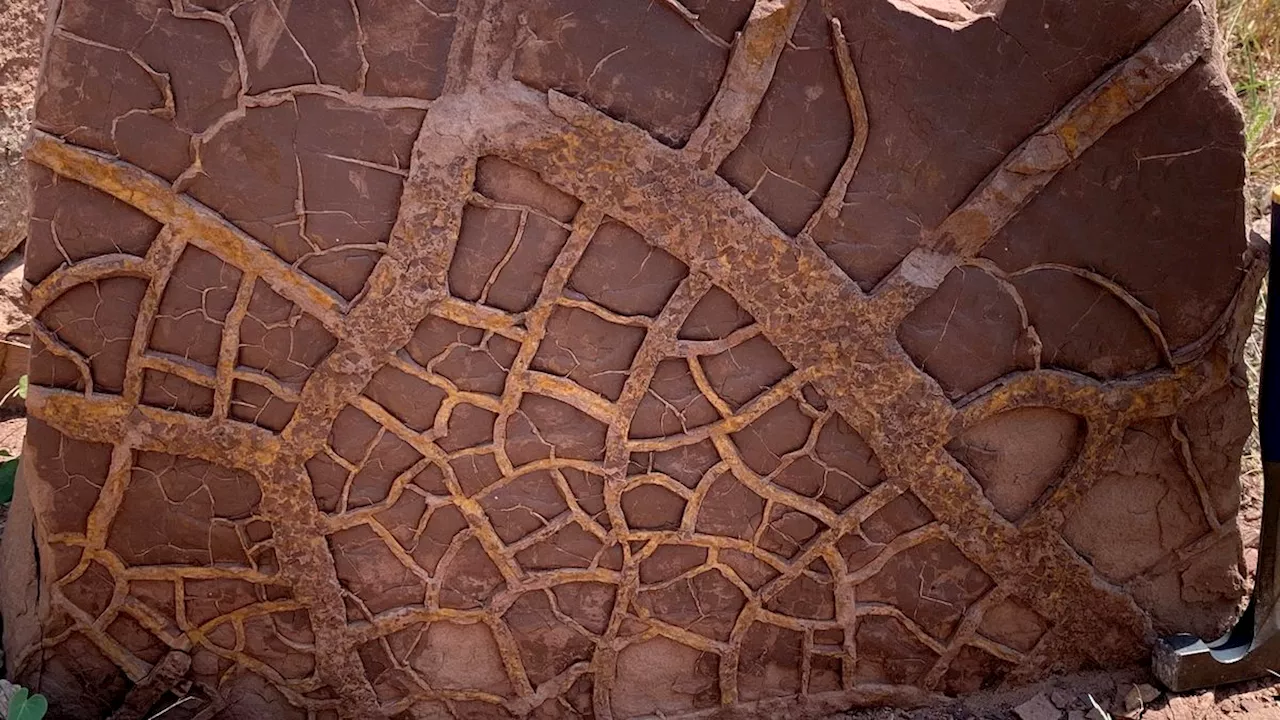 'Mega' El Niño may have fueled Earth's biggest mass extinctionStephanie Pappas is a contributing writer for Live Science, covering topics ranging from geoscience to archaeology to the human brain and behavior.
'Mega' El Niño may have fueled Earth's biggest mass extinctionStephanie Pappas is a contributing writer for Live Science, covering topics ranging from geoscience to archaeology to the human brain and behavior.
Read more »
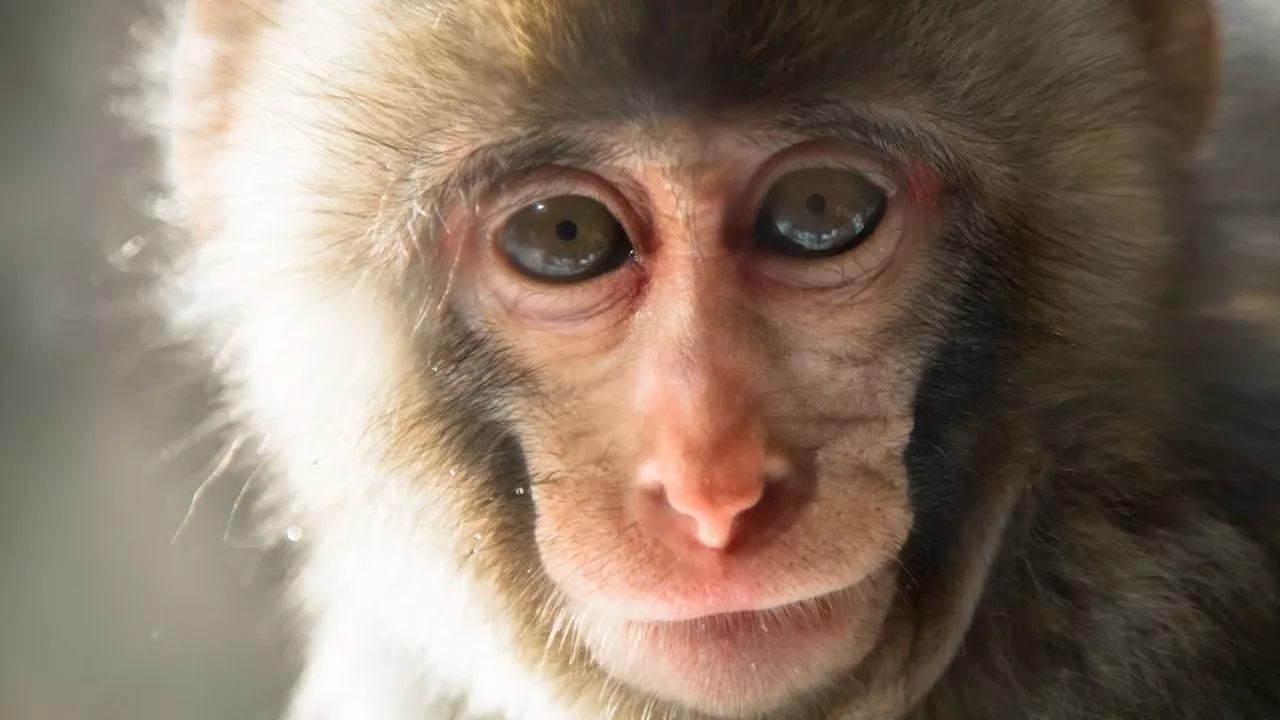 Scientists restore monkey's vision with a patch made from human stem cellsStephanie Pappas is a contributing writer for Live Science, covering topics ranging from geoscience to archaeology to the human brain and behavior.
Scientists restore monkey's vision with a patch made from human stem cellsStephanie Pappas is a contributing writer for Live Science, covering topics ranging from geoscience to archaeology to the human brain and behavior.
Read more »
